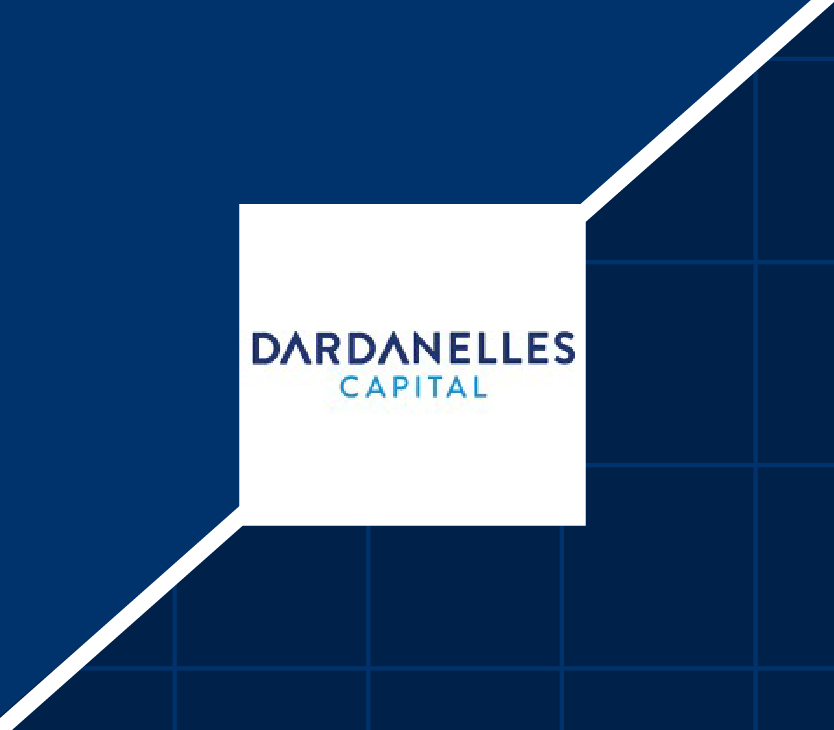THE CROWDING CONUNDRUM
At Alpha Theory, we’ve seen clients increasingly include crowdedness as a negative risk factor when sizing positions. But how dangerous is crowding?
Crowding has received quite a bit of attention lately due to the big drawdown in crowded names starting in the summer of last year. Because of that drawdown, we’ve seen clients increasingly include crowdedness as a negative risk factor when sizing positions. But how dangerous is crowding?
Proof #1 – Crowdedness (Alpha Theory)
At the behest of Benn Dunn, the head of Alpha Theory’s Investment Process Advisory Practice, we set out to quantify the impact of crowded names in client portfolios1. Here’s the shocking news: they helped. In fact, crowded longs grew 50% faster than the overall S&P 500 since 2011 and longs and shorts outperformed on an alpha basis.

Our clients are among the best and brightest in the hedge fund space, so we were pleased to see there is a positive correlation between return and position size. In this case, crowding is the best form of “wisdom of crowds”. See below that Crowded Longs returned 154% since 2011 while the S&P 500 was up 85%.

Proof #2 – Crowdedness (Novus)
Other sources show similar results. Below is a graph and table from “The Novus “4C” Indices” which shows a dramatic outperformance of Crowded names for funds2.

CROWDING – THE BULL CASE by Cameron Hight
Crowding outperformance can be interpreted as stock picking skill in its broadest form. If crowdedness is a measure of forecasted idea quality, then our clients did a great job of picking the winners. It suggests that active managers are good at picking a few names they truly believe in. Said another way, they show both selection and sizing skill.
We recognize that our clients are generally superior performers in both stock selection and position sizing. Alpha Theory clients are up 54% since 2012 versus 25% for the HFRI Equity Hedge Index. That being said, they have underperformed the S&P 500’s return of 85%. I believe that the best managers would be able to consistently outperform if they would concentrate on their best ideas.
The problem is that most managers retard returns by building large portfolios that dilute the skill of their best ideas with the luck of the rest. In fact, by distracting themselves with a portfolio of lower quality ideas, they not only drag down performance, they reduce the amount of mental capital they can allocate to their high quality ideas.
CROWDING – THE BEAR CASE by Benn Dunn
While “Hedge Fund Crowding” has often had negative connotations in the popular press, it has also historically been a significant source of alpha for hedge funds piling into the same names. One explanation is pretty straightforward. When exceptional buyside analysts do deep qualitatively and quantitatively differentiated work, their views get disseminated to the broader hedge fund community through idea dinners, conferences, casual conversations, and quarterly letters. The idea spreads and those names begin to outperform as additional hedge funds crowd into the names and investment theses are borne out. Another reason for outperformance is hedge fund inflows. We saw the impact of inflows into equity hedge funds through the middle of last year.
The flip side of crowding is the narrowness of the exit when everyone heads for the door at the same time. We saw the first hints of this in certain segments of the high beta growth universe in March/April of 2014 and a bit of replay when the Peoples Bank of China took their first steps towards a currency float last August. The first quarter of 2016 makes these more recent episodes look trivial by comparison.
It is now widely acknowledged through 13F filings that significant equity gross exposure came out of hedge funds in Q1 with the most widely held names suffering disproportionate drawdowns relative to what traditional downside risk measures would predict. It would seem that the tailwind of positive inflows into the equity hedge fund universe is at best abating if not reversing altogether which would indicate that crowding will be a less significant source of alpha in the near future. Going forward, one of the most important questions an analyst or PM needs to ask when adding a position to the portfolio is “who is the marginal buyer of this stock?” If the answer is “another hedge fund” then the hurdle rate for getting that name in to the portfolio needs to be much higher.
Conclusion
Is it the great idea alone or the crowding into it that causes outperformance? It is almost certainly a bit of both. In fact, without each other to positively reinforce the other, the outperformance would typically not materialize. However it happens, the positive impacts of crowding and conviction are real and hopefully this article provides some positive counterpoints for a factor that has been largely maligned.
1 The methodology consisted of constructing three mock portfolios, Long (top 10 most crowded longs), Short (top 10 most crowded shorts), Total (top 10 longs and top 10 shorts). The positions were equal weighted. The portfolio was rebalanced once a month at the beginning of the month and represents the time period 02/01/2011 to 08/01/2016. Each portfolio was simulated as a 100% gross exposure portfolio.
2 Crowdedness Index is comprised of the most crowded stocks in hedge funds. A crowding score is assigned to each security in our database and serves as the ranking factor for the Index. The score is based on the number of managers invested in the stock and the liquidity of the hedge funds in each security. The two factors are components in the crowded score. In other words, these stocks are a blend of “illiquid” and “popular." Since they are rather illiquid, when managers try to sell they can drive the price down considerably in a short period of time. But overall, the Index is not a great short candidate since it outperforms the market by a wide margin over the long term.
.svg)







